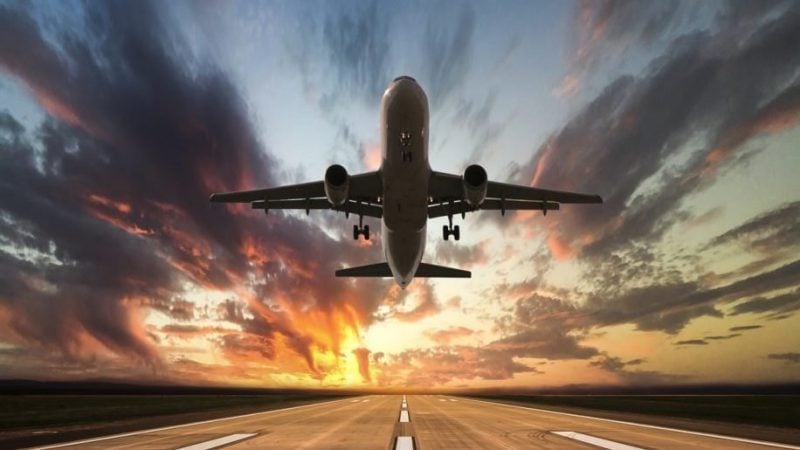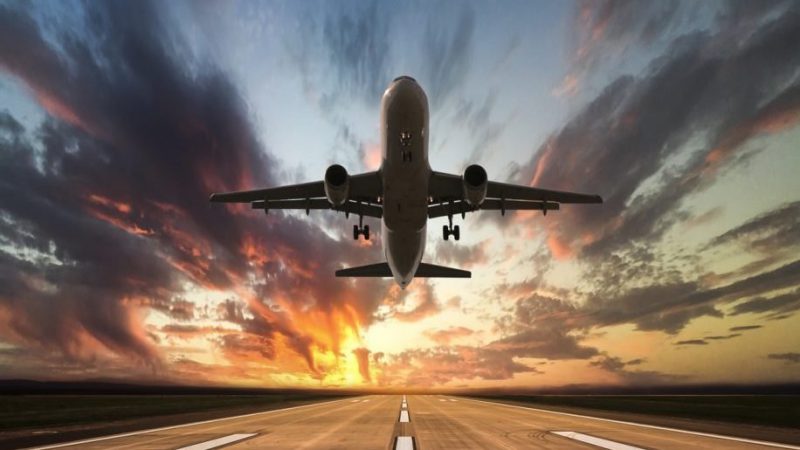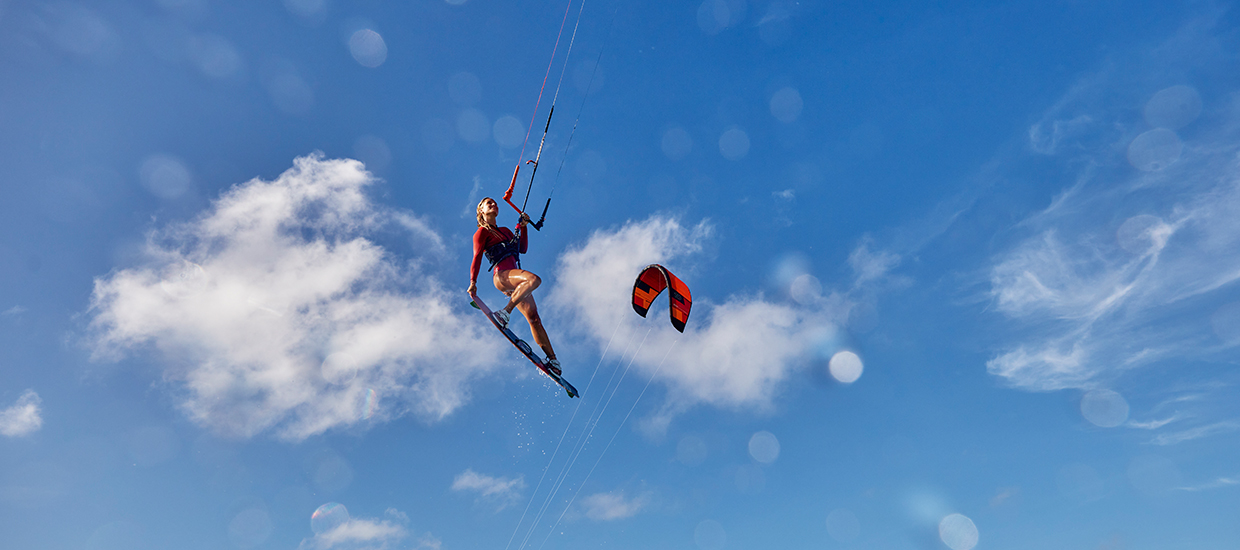Travelers Getting Ready to Spend Again
U.S. Travel Perceptions Skew Optimistic with Rolling Vaccine Efforts
March 18, 2021


As vaccinations are now underway in most states with robust programs and a highly motivated public, Deloitte has found that consumer perception of travel is improving rapidly. In a key ongoing pulse-taking study (fielded Jan. 22 to 27) tabbed “Deloitte’s Global State of the Consumer Tracker,” the corporate advisory services company queried at least 1,000 American consumers to find, not surprisingly, plenty of pent-up interest and a willingness to spend when it comes to travel.
As of this week more than 100 million doses of coronavirus vaccines have been delivered into the arms of American adults, with some 37.4 million Americans now fully vaccinated — 11.3 percent of the total U.S. population, according to data from the U.S. Centers for Disease Control and Prevention. Nearly 110 million, more than 21 percent of the total population, have gotten at least one dose. Just over one-third of Americans age 65 and older are fully vaccinated, the agency reported.
Thus, the latest responses from Deloitte’s on-going poling shows improving travel intentions and increasing consumer activity, pointing to a gradual recovery in the travel sector.
- Fifty-three percent of those already vaccinated are likely to spend more on travel in the next four weeks compared to 30 percent for the overall population.
- Over the next three months, vaccinated consumers indicate that they are two times more likely to take a domestic flight and 1.7 times more likely to stay in a hotel than the rest.
- These vaccinated consumers are also more likely to engage in activities such as renting a car (63 percent) and booking a private accommodation (61 percent).
“After being virtually homebound for the last year, the vaccine rollout is providing consumers with an increased sense of safety, meaning they are ready to get back on the road and in the air. Travel intentions across all categories have increased, which should be welcome news for restaurants, hoteliers, airlines and a host of other consumer and hospitality-focused businesses who have been preparing for this shift with increased safety measures to instill confidence for the long-term,” said Ramya Murali, principal, Deloitte Consulting LLP and U.S. hospitality leader.
Travel Spending Slow But Steady
While travel intentions and activity are starting to rise, consumers are still somewhat cautious and leisure travel plans may not fully return to pre-pandemic levels.
- Post-pandemic 35 percent of consumers say they will eat out less at restaurants than they did prior to COVID-19
- Similarly, 37 percent of consumers say they will fly less often than before the onset of the pandemic, and 36 percent will have fewer hotel stays.
- Consumers also indicate that post-pandemic they expect to continue to work from home at a level six times higher than pre-pandemic levels (30 percent versus 5 percent in 2019).
- However, near-term things are looking up; booking intentions are improving as we head into spring, with 38 percent expecting to stay in a hotel over the next three months (the highest percentage since the onset of the pandemic).
- Additionally, nearly one-third (30 percent) plan on taking a domestic flight in the next quarter, also a pandemic high.




